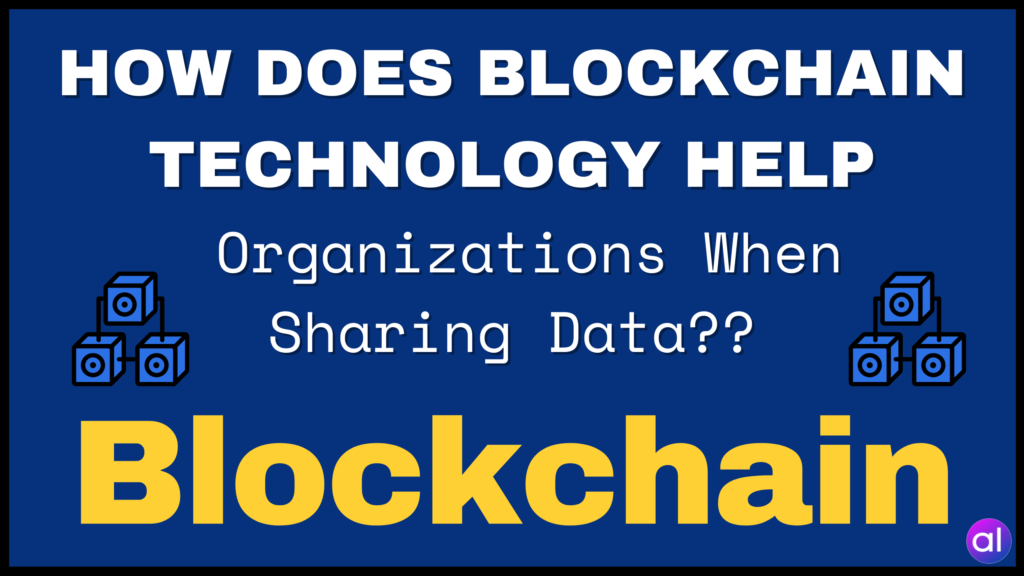Blockchain technology is gaining traction in the private sector, but governments are poised to become the primary adopters of Web3, potentially driving market capitalization to unprecedented levels.
A Research and Markets report projects that the market capitalization for blockchain applications in government will reach $791.5 billion by 2030, with a projected compound annual growth rate (CAGR) of 81% from the current $22.5 billion in 2024.
The surge in valuation is attributed to the increasing demand for transparency in government operations. As private enterprises experience the benefits of transparency through Web3, government institutions are compelled to follow suit.
The report anticipates widespread blockchain adoption by governments globally, driven by the need for transparent procurement processes, secure elections, and cost savings in administration.
Key areas of application include public infrastructure management, welfare distribution, legal processes, and taxation.
The report also forecasts the emergence of new application providers catering specifically to government clients, distinct from traditional enterprises. Middleware and infrastructure providers are expected to play a significant role in driving the market valuation close to $800 billion by 2030.
In terms of regional distribution, North America, led by the United States, is expected to dominate the sector, with Europe steadily increasing its market share. China is anticipated to lead blockchain adoption in government in Asia, while the rest of the Asia-Pacific region is projected to expand its adoption metrics.
Promising early adopters
Governments that have embraced blockchain technology have witnessed improvements in productivity and efficiency. The finance sector, in particular, has seen significant benefits, with regulators leveraging blockchain for the issuance of central bank digital currencies (CBDCs).
Other applications being explored include cross-border payments, tourism offerings in the metaverse, digital identity solutions, and overall digitization plans.
IoT in smart cities eyes $952 billion valuation by 2032
The Internet of Things (IoT) technology in smart cities is on track to reach a market valuation of nearly $1 trillion by 2032, driven by a variety of applications.
According to SNS Insider, the sector is poised to grow from its current market size of $195.18 billion to $952.69 billion by 2032, with a projected CAGR of 19.3% over the forecast period.
The rapid growth of IoT in smart cities is fueled by increased adoption by governments worldwide. Many governments are integrating IoT into the infrastructure of new smart cities or retrofitting existing cities with IoT capabilities.
Key sectors where IoT is making an impact include transportation, public safety, utilities, healthcare, and energy, all essential components of building smart cities. This trend is expected to drive double-digit CAGR growth in market size.
Consumer behavior shifts over the past few years have also contributed to the acceptance and adoption of IoT technologies.
Remote monitoring, real-time location systems, efficient reporting and analytics, and smart public transportation services are among the leading applications, with citizen services and smart buildings accounting for a significant portion of the market capitalization.
By 2032, North America is projected to hold a 42% market share, with the Asia-Pacific region experiencing the fastest-growing CAGR at 21.51%. China is expected to lead the industry in Asia, with early applications in waste disposal and energy efficiency showing positive results.
The report envisions a convergence of IoT and blockchain technologies in smart cities to enhance transparency, contributing to the near-$1 trillion market capitalization.
Navigating challenges
Despite the optimistic projections, the IoT sector for smart cities will face several challenges. Cybersecurity concerns loom large, but blockchain integration is expected to bolster consumer security.
Additionally, the implementation of IoT in smart cities will require substantial and scalable infrastructure investment, while interoperability and standardization issues could impede industry growth. Energy demands and evolving regulatory frameworks for emerging technologies are also potential obstacles.
Watch: Educating the government on potentials of blockchain



